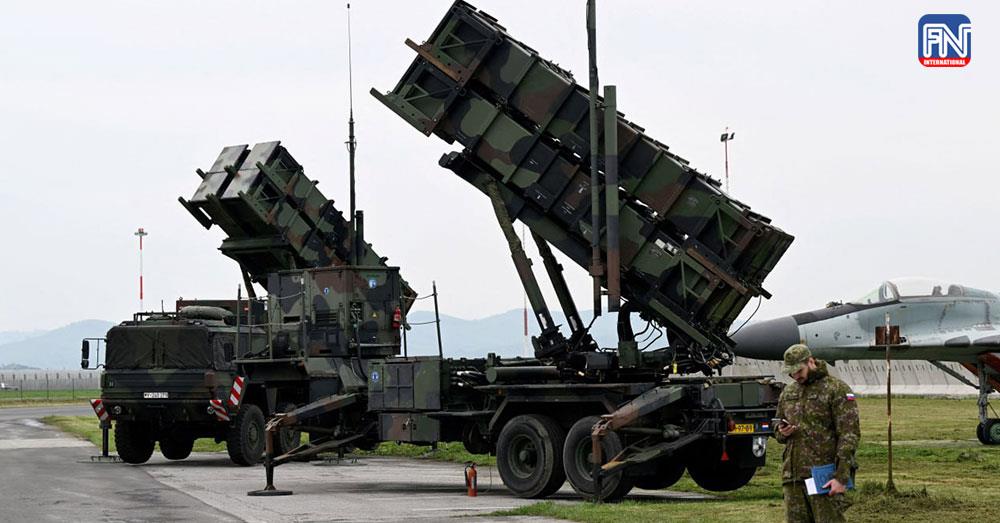WASHINGTON, Dec 20 (Reuters) - A proposal for permanent deployment of U.S. Patriot missile defense batteries in Palau in response to China's expanding reach in the Pacific has come under fire as the nation's politicians debate the move ahead of elections next year.
The United States has begun work on an over-the-horizon radar system in Palau and the island nation's president, Surangel Whipps, says he has asked Washington to install the missile shield given fears that hosting the radar could endanger the archipelago's 18,000 residents.
However, in late November, the Senate in Palau, where the population is sensitive to the islands' history as a bloody battleground in World War Two, passed a resolution rejecting the deployment. The lower house of parliament has yet to consider the issue.
The Senate vote came after Whipps announced in September that the U.S. and Palau were discussing permanent deployment of Patriots, as hosting the radar system made his nation of 340 islands halfway between the Philippines and Guam a potential target in any conflict.
Patriots will also help protect the new radar system, which is expected to be operational in 2026 to boost U.S. capabilities as China expands its military operations in the Pacific.
The U.S. has already temporarily deployed Patriot systems in Palau and test-fired them during exercises.
A Pentagon spokesperson did not immediately respond to a request for comment.
In a statement to Reuters, Whipps' office said it hoped Palau Senate members "understand that in these tumultuous times it is good to have a defense system for Palau and her people that can respond immediately to a threat."
Under the terms of long-standing agreements, the United States is responsible for the defense of Palau, Micronesia and the Marshall Islands and provides economic assistance, while gaining exclusive military access to strategic swathes of the Pacific.
In October, BenarNews, an affiliate of Radio Free Asia, quoted Hokkons Baules, the president of Palau's Senate, as saying that U.S. interests rather than Palau's were served by a military buildup in the country.
In a statement to Reuters, Baules said that Palau should not be asking for the permanent basing of weapons.
"Permanent basing of purely military weapons in the Republic of Palau is not consistent with our nation’s history as an independent country, and not consistent with any current threats to Palau’s sovereignty or security," Baules said.

Photo from Reuters




